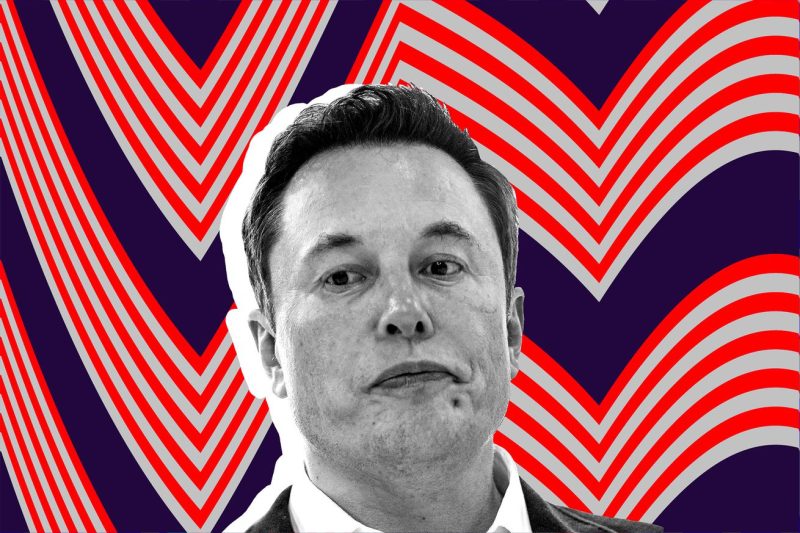Elon Musk’s Stance on the Oil and Gas Industry Sparks Debate
Elon Musk, the visionary CEO of Tesla and SpaceX, has once again stirred controversy with his recent comments on the oil and gas industry. In a surprising turn of events, Musk appeared to defend the embattled sector, urging against its vilification. This unexpected sentiment has ignited a debate within both the environmental and business communities, prompting a reevaluation of Musk’s stance on fossil fuels and sustainable energy.
Musk’s uncharacteristic defense of the oil and gas industry came during a closed-door meeting with President Donald Trump. According to reports, Musk emphasized the importance of not demonizing traditional energy sources, citing their crucial role in powering the economy and supporting millions of jobs worldwide. This perspective diverges sharply from Musk’s usual advocacy for renewable energy and the urgent need to transition away from fossil fuels to combat climate change.
The billionaire entrepreneur’s remarks have left many of his supporters puzzled and divided. Some view Musk’s diplomatic approach as a pragmatic strategy to foster cooperation and bridge the gap between competing energy interests. By acknowledging the contributions of the oil and gas industry while advocating for sustainable alternatives, Musk may be attempting to navigate a delicate balance between innovation and pragmatism.
However, critics of Musk’s stance argue that his conciliatory tone toward the fossil fuel sector undermines his credibility as a leading voice in the fight against climate change. They contend that Musk’s remarks risk normalizing the status quo and impeding progress towards a greener future. Moreover, skeptics question the motives behind Musk’s alignment with an industry that has long been criticized for its environmental impact and resistance to change.
As the debate over Musk’s stance on the oil and gas industry intensifies, the broader implications for the clean energy transition remain uncertain. Musk’s unique position as a disruptor in both the automotive and space industries has granted him significant influence and a platform to shape public discourse on technology and innovation. However, his recent comments underscore the complex interplay between business, politics, and environmental advocacy in charting a path towards sustainability.
Ultimately, Musk’s nuanced stance on the oil and gas industry highlights the challenges of navigating the competing interests of economic growth, environmental sustainability, and social responsibility. As tensions rise between traditional energy sources and renewable alternatives, Musk’s role as a key influencer and provocateur will continue to shape the trajectory of the energy landscape. Whether his call for a more balanced approach will lead to tangible change or merely stir debate remains to be seen.

